Sophie Hawley-Weld and Tucker Halpern have two wildly different musical minds, but somehow come together on their dance-funk-jazz project, Sofi Tukker. The pair first met at an art gallery, while both attending Brown, and would eventually release their breakout collaborative EP, Soft Animals, which spawned the Grammy-nominated single, "Drinkee."
OUT caught up with the rising duo after their Coachella set, where fans poured out the back of the festival's Gobi tent, to learn about how Sofi Tukker helps create queer safe spaces through dance music. Watch "Drinkee," performed in Portuguese, and read our brief chat, below.
OUT: How did you form this group?
Sophie: We met in college at Brown, studying very different things. I was studying conflict resolution and making Bassa Nova music, and Tuck was a house music DJ. We met at an art gallery and ended up remixing one of my songs on the spot. We've kept collaborating every day since then.
Are you working on a full-length album?
Tucker: We have enough songs ready for that, but we might not release it as an album--probably a couple singles and maybe an EP.
Some of your songs are sung in Portuguese... Are you Portuguese?
Sophie: I'm not, I just like it, so I learned it. I think it sounds so great.
Tucker: The songs we do in Portuguese are written by a contemporary Portuguese poet that we like, Chacal.
Where do you imagine people listening to your music?
Tucker: Probably on a beach. A tropical place--a little less hot than this [at Coachella].
Sophie: A place to find refuge, maybe.
Who do you take inspiration from?
Sophie: Our answers are super, super different. Contemporaries: one of our favorite artists right now is Stromae. He's just the pinnacle. I spent a lot of time growing up listening to jazz, and Brazilian jazz, and Bossa Nova. And I was training in West African dance at school and writing folk music.
Tucker: And I was the opposite--rap and hip-hop. I played basketball most of my life, through college, and so I was around rap a lot. I got into punk in high school, and then house music, when I got a little older, really took over my life.
Do you have a message for your queer audience?
Tucker: Come to our shows, and you won't have to feel afraid. We're aiming to bring excitement and joy to cities. Hopefully it transcends just the show, but we're coming with open arms.
Sophie: It's a scary time for all of us, and we're all in this together, trying to create as many spaces that allow you to be yourself as possible.
The concept of creating a safe space, even for a few hours, is really powerful.
Tucker: It's one of the coolest things about dance music and club music in general. People feel like they can be wild, open and alive. Back in the '70s when it was even harder, or different, for queer and trans people, that whole musical world has always been so welcome to all types of people. That's totally what we're about--that's why we make dance music.
How do you relate to the word, "Queer"?
Sophie: Gosh, I have no idea. I have a lot of friends who identify as queer. I don't know how I identify. I try not to identify. I don't know if that's the most mature way--but I'm young, I'm figuring myself out.
Tucker: I'm not queer, but most of the people in my life are. So it's a word--I feel comfort. I feel like I have a lot in common with queer people, even if that's not how I personally sexually identify.
What are your ultimate career aspirations?
Sophie: We want to see this band, and ourselves, become the best writers and performers we possibly can be. We want to feel as much joy and share it with as many people as we can.


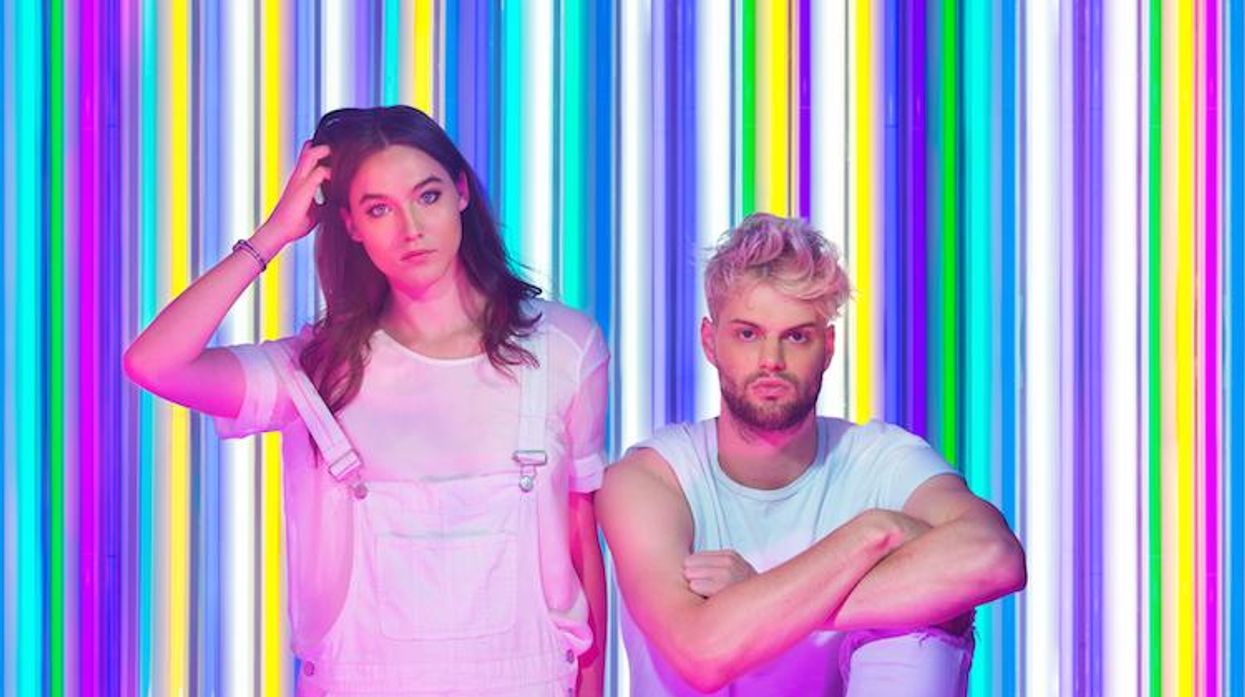
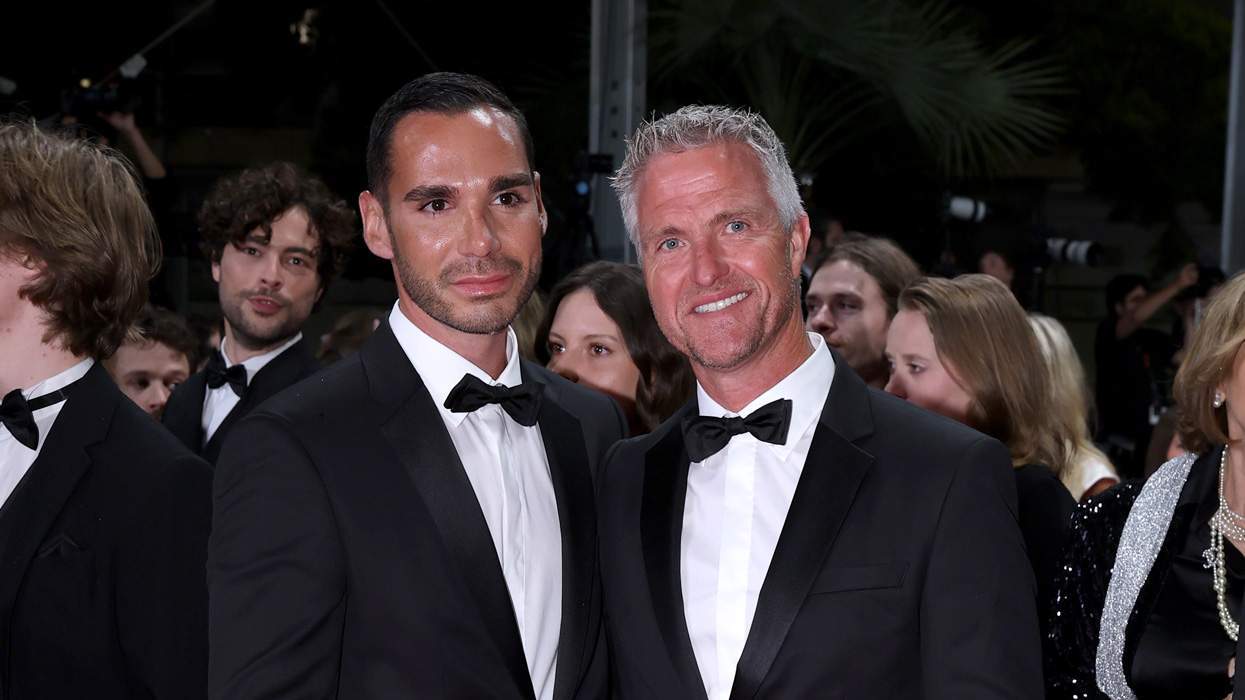


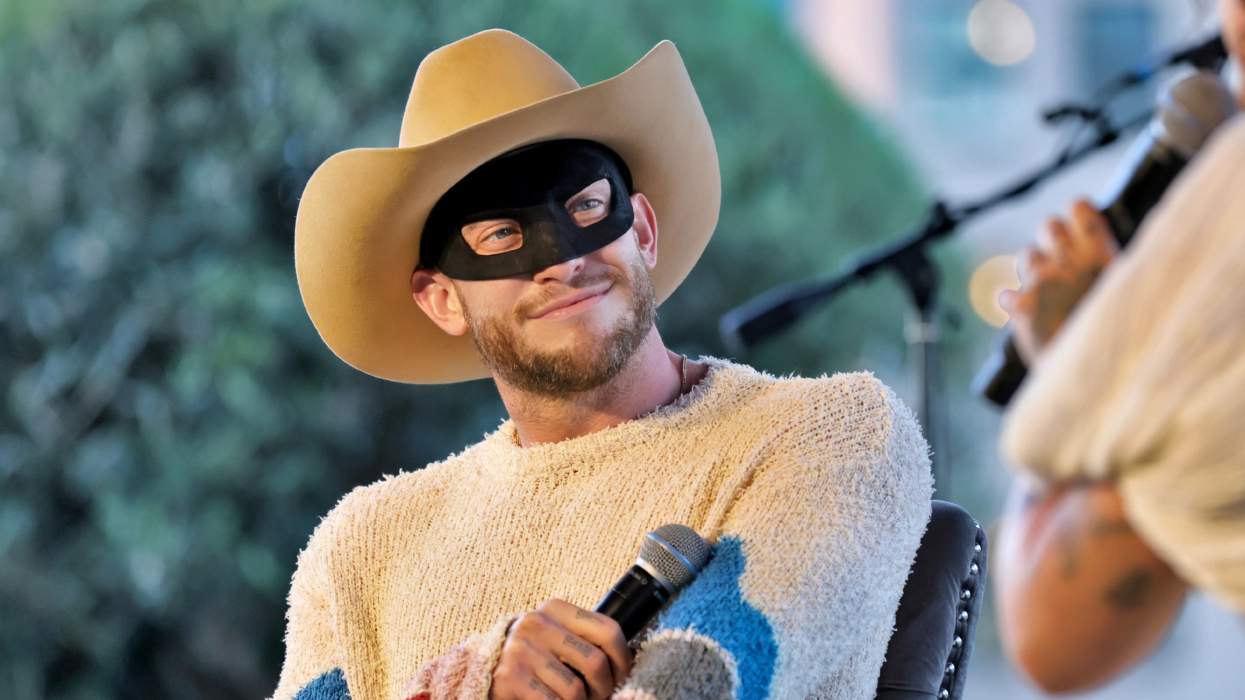
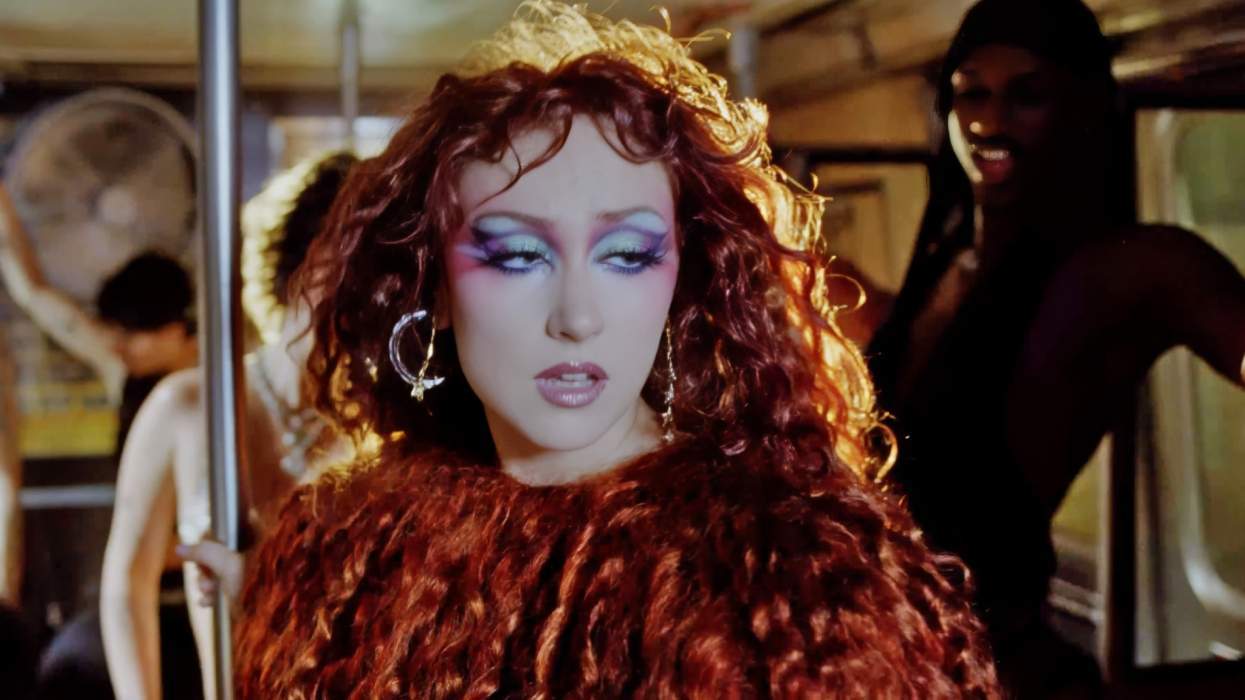
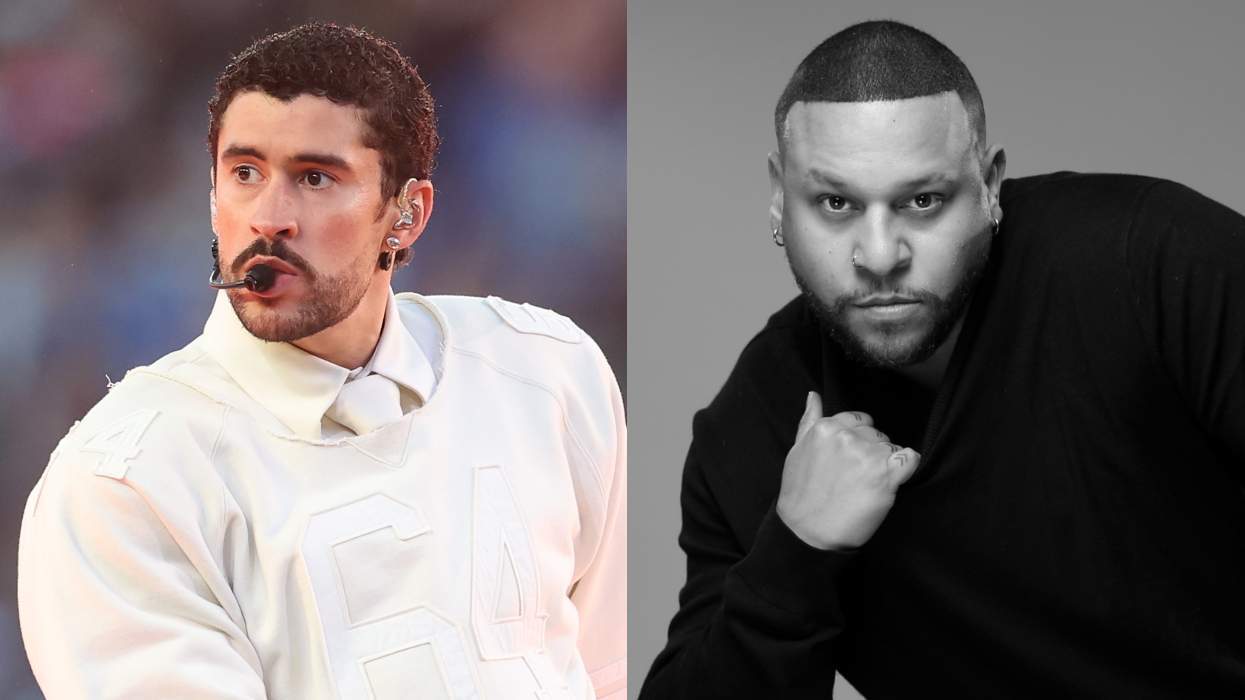
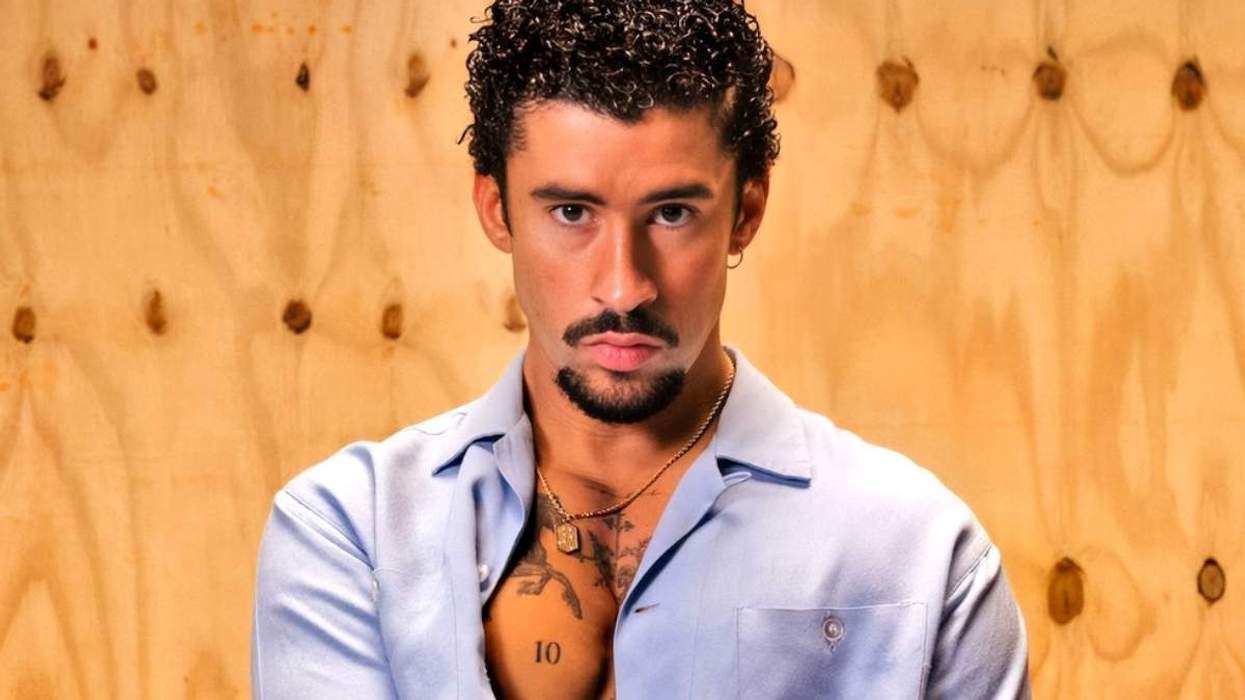









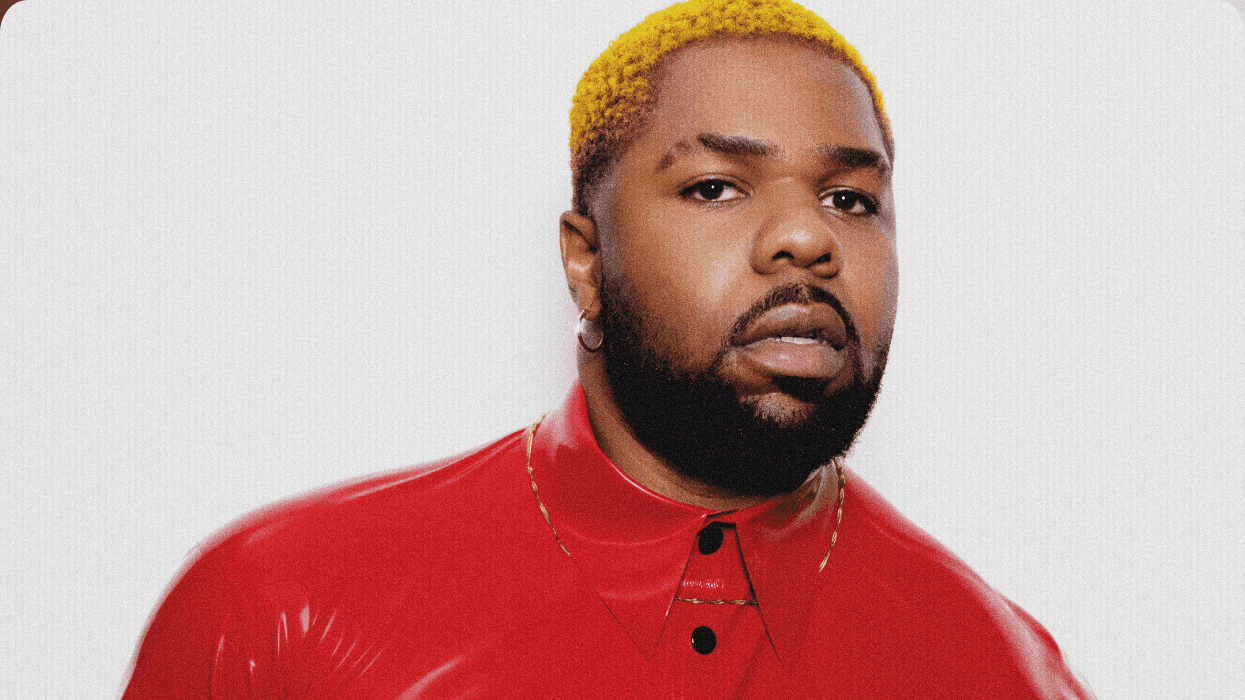
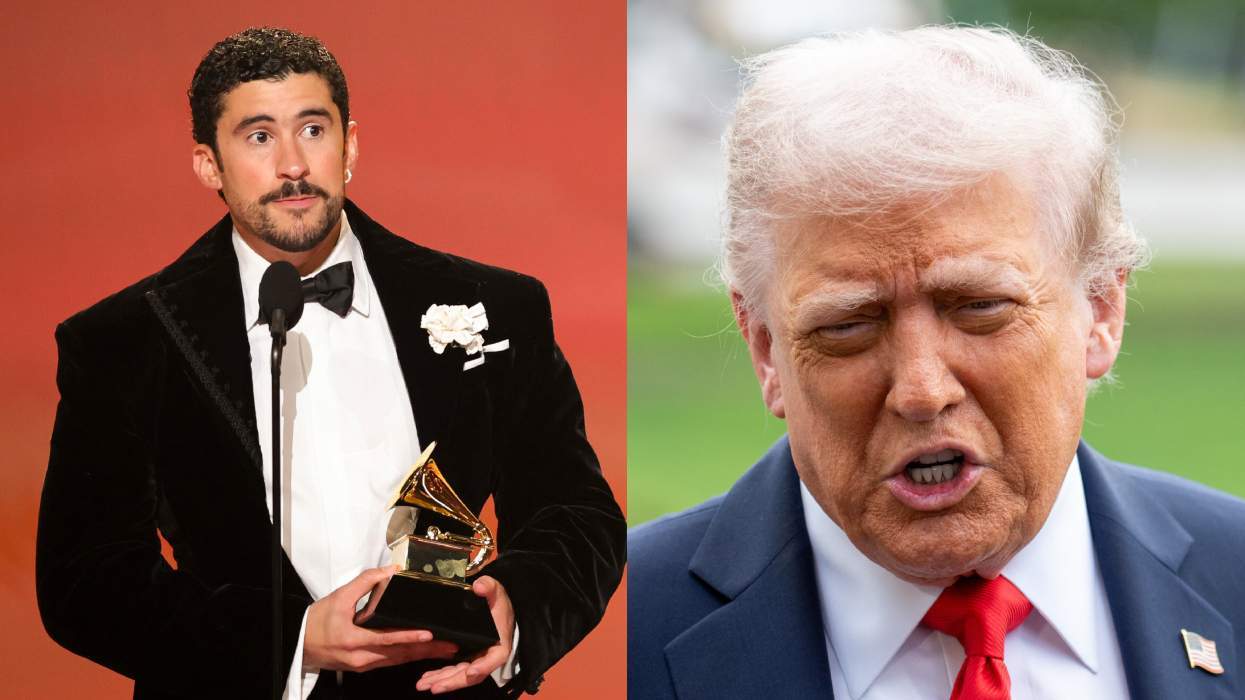

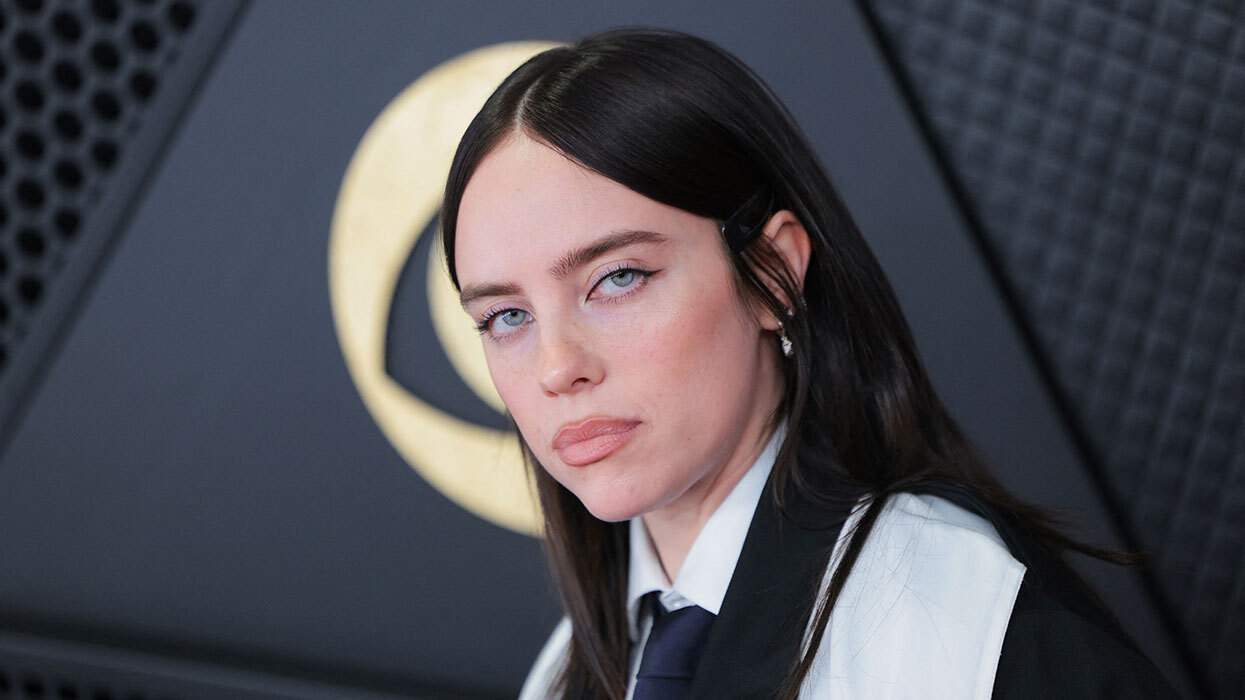
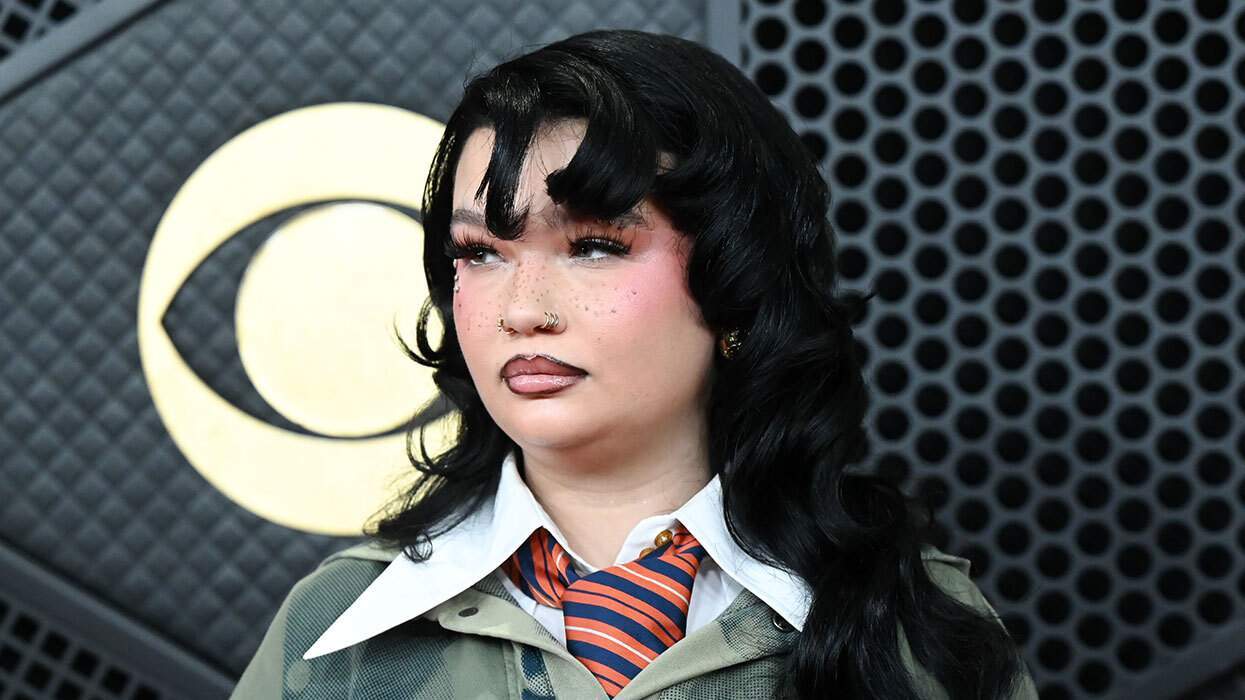
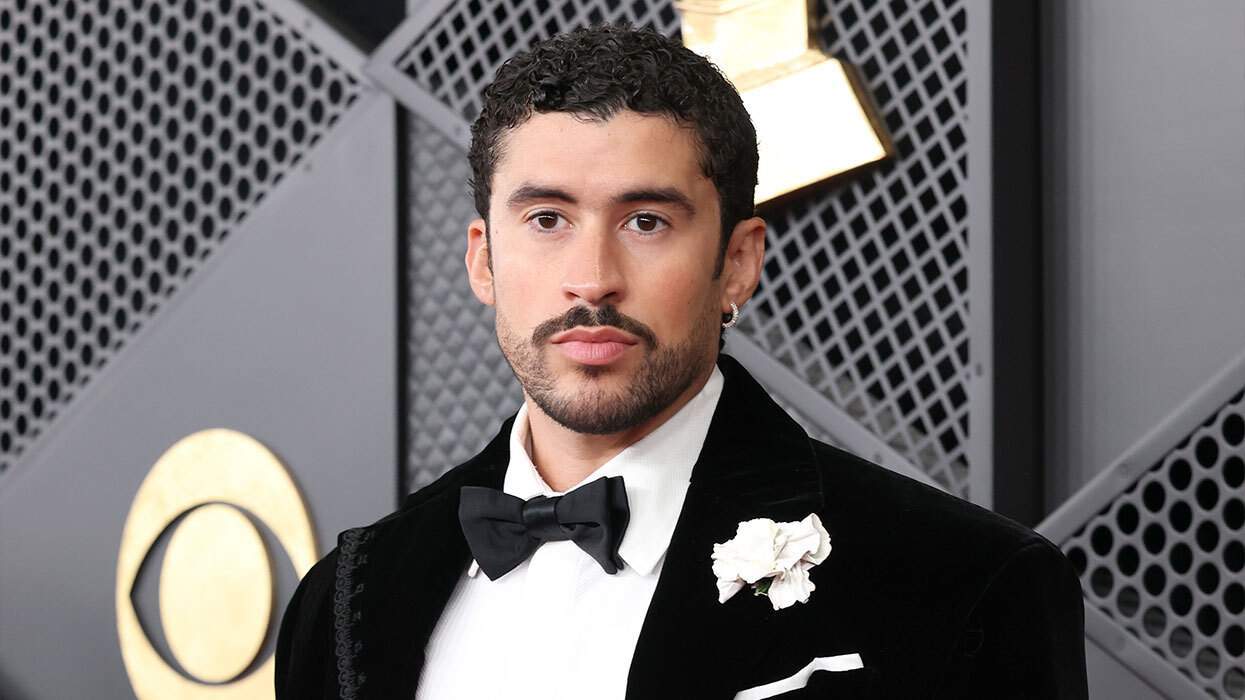
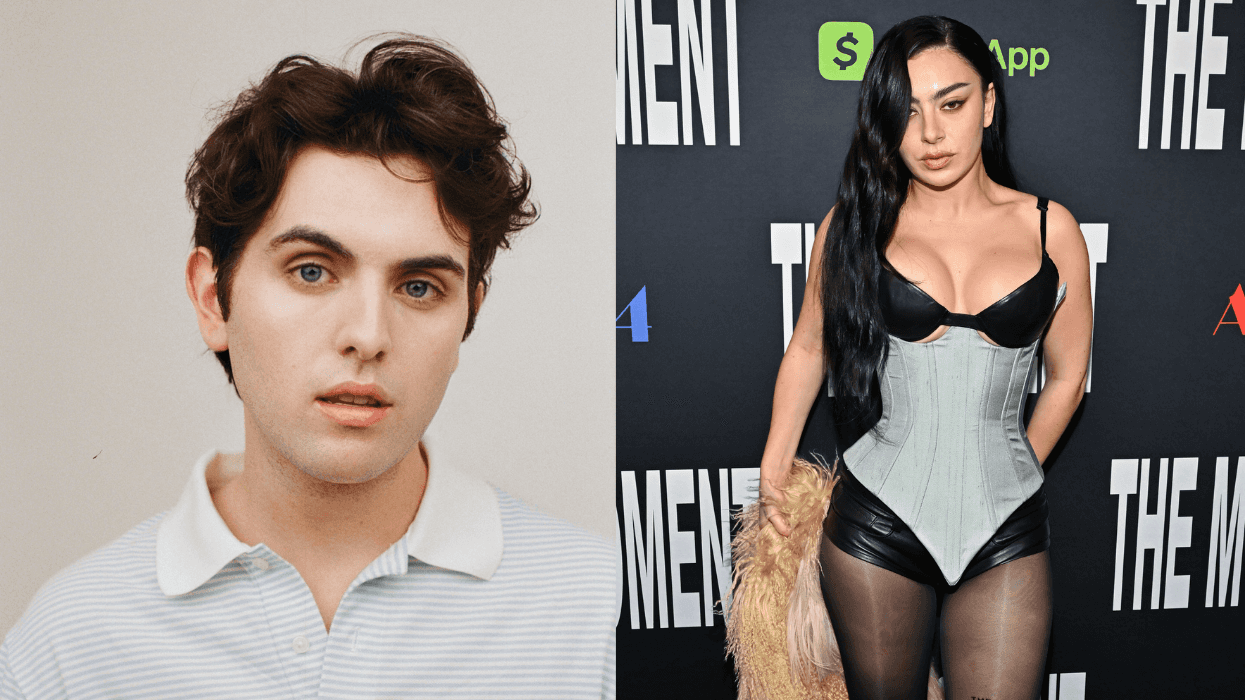
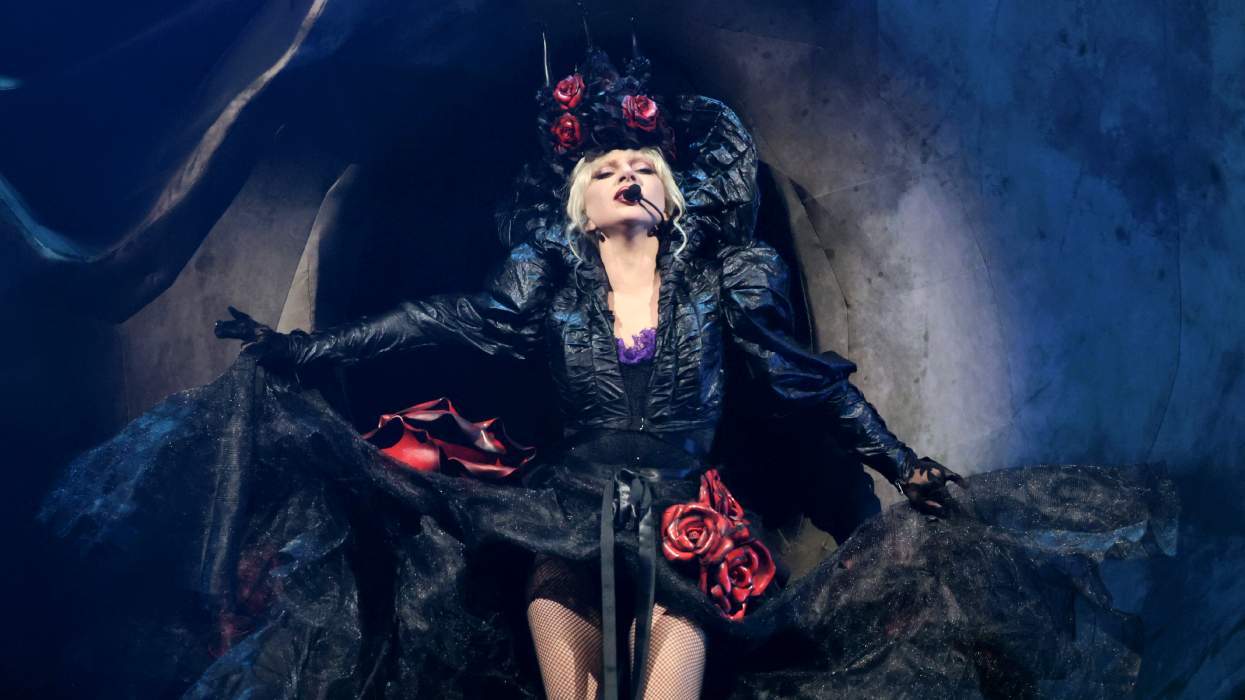
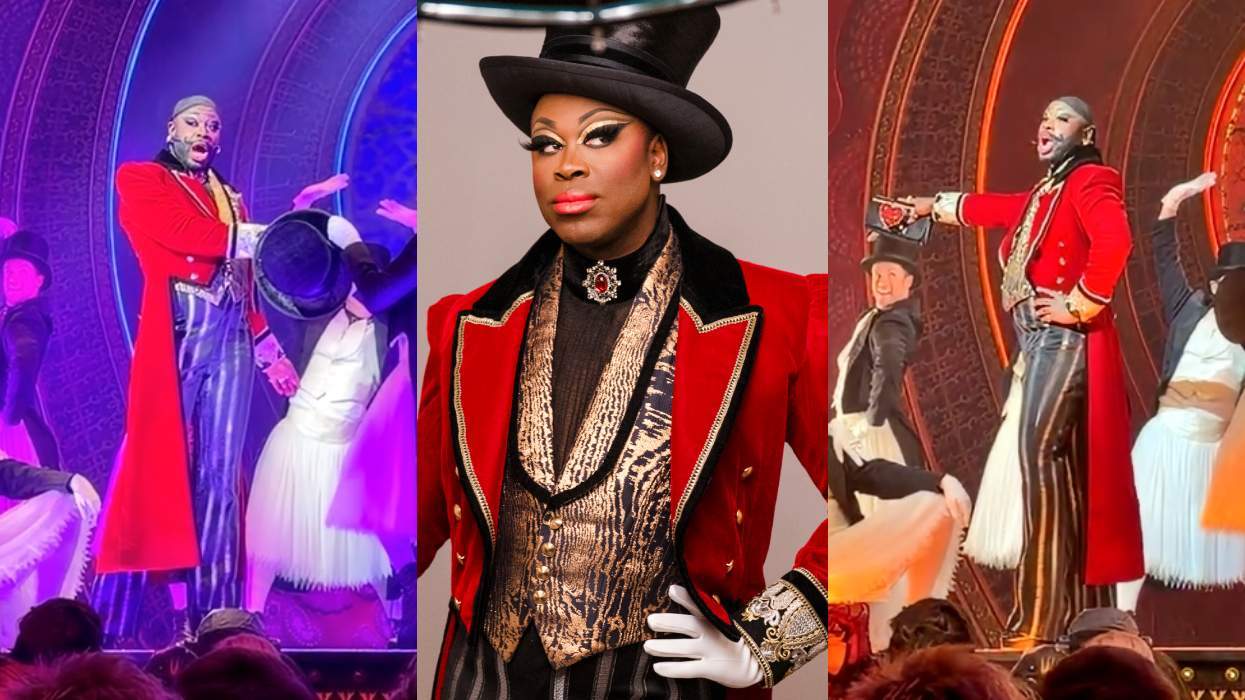
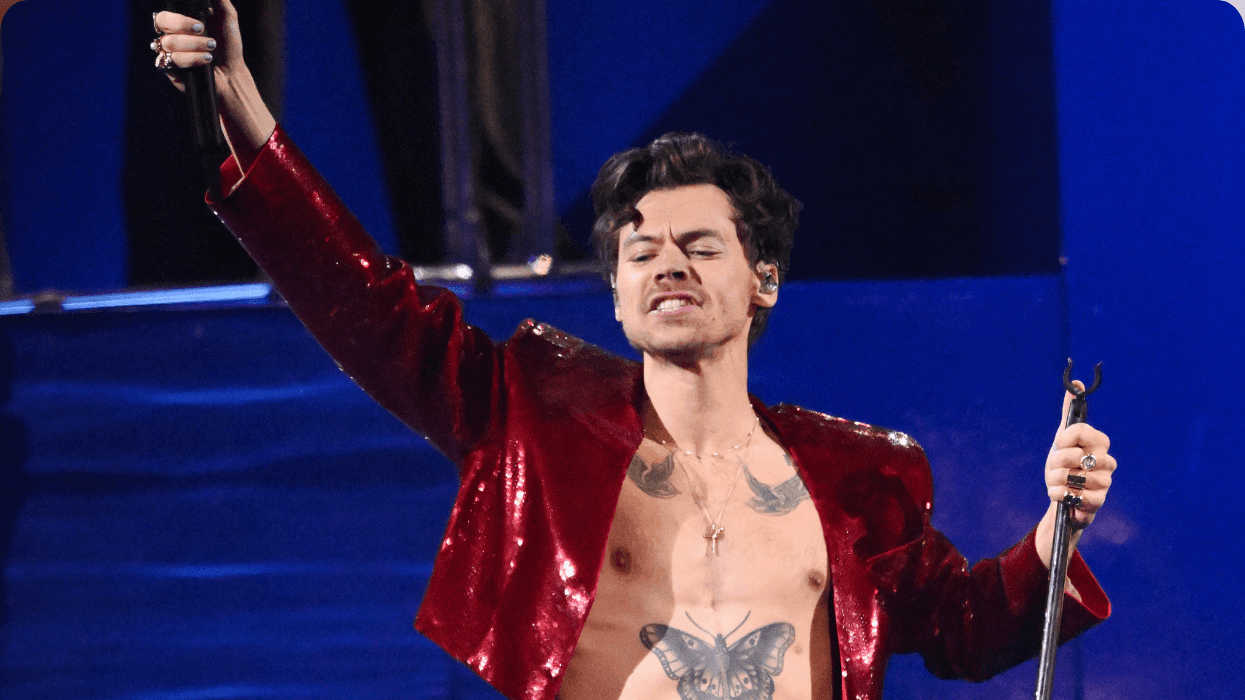
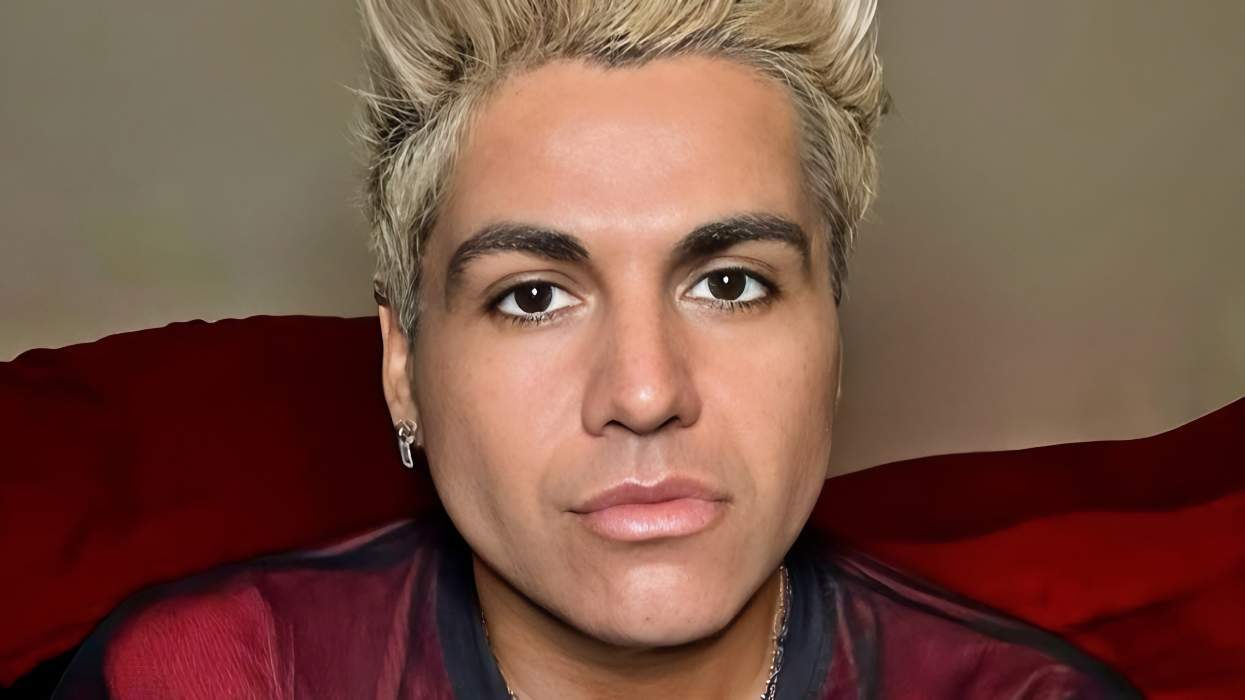
I watched the Kid Rock Turning Point USA halftime show so you don't have to
Opinion: "I have no problem with lip syncing, but you'd think the side that hates drag queens so much would have a little more shame about it," writes Ryan Adamczeski.